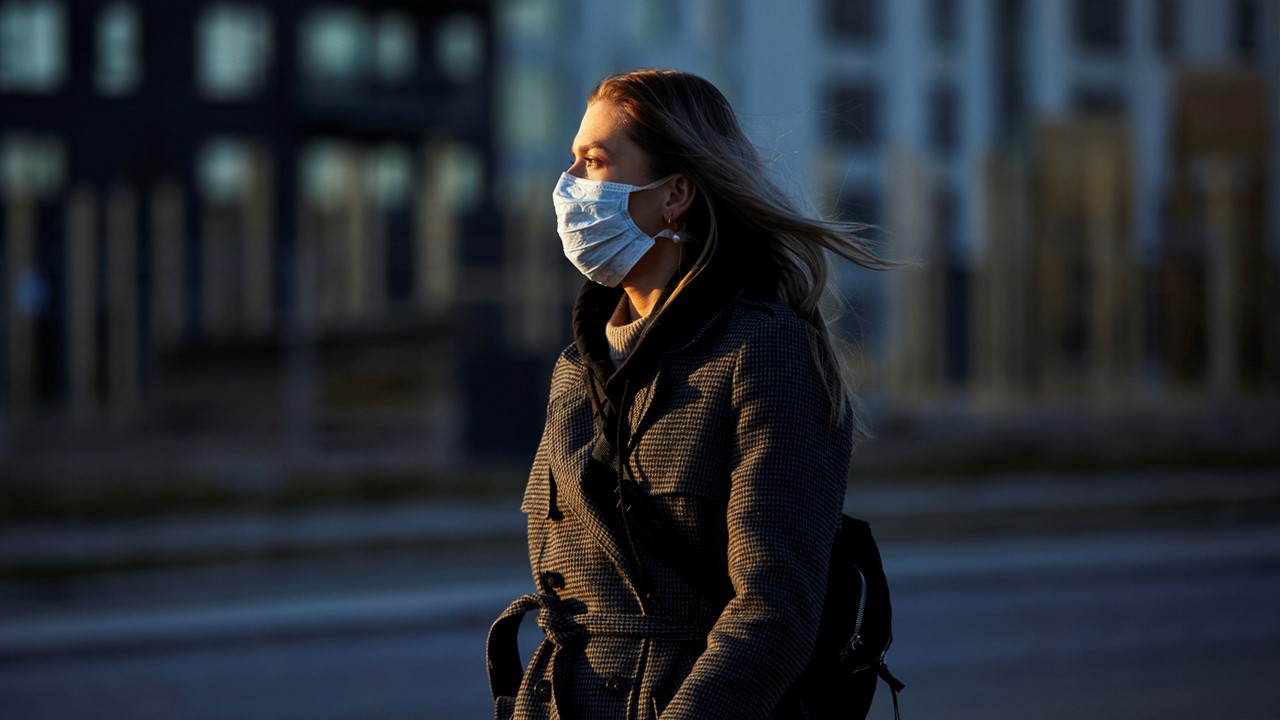New Savanta ComRes Political Tracker data takes a deep dive in to the national outlook on face coverings, shouldering government debt and what lies ahead for the country over the next 12 months.
Face coverings have been a source of contention over the past few weeks, with rumours of their upcoming mandated use forcing the public into two different camps.
Almost half (47%) of UK adults say that they ‘strongly support’ the government’s decision to make wearing face coverings in all shops mandatory
Their effectiveness has been subject to much debate, but as the government’s new ruling on face coverings launches in England today (24th July), how does the public feel about wearing them?
New Savanta ComRes Political Tracker data shows that almost half (47%) of UK adults say that they ‘strongly support’ the government’s decision to make wearing face coverings in all shops mandatory.
In England, which will be the only part of the UK subject to today’s new ruling, the majority (66%) say that people should be forced to wear a facemask in public places by law during the pandemic – up 22 percentage points from 44% at the same time last month. A third (34%) think that the public should have a personal choice as to whether or not they wear a face covering.
Other parts of the UK have taken a different approach to England, with Scotland introducing compulsory face coverings in shops back in early July, with Northern Ireland and Wales yet to make a decision on whether to introduce obligatory wearing of face coverings as yet.
That said, the UK is united in support for face coverings in certain areas, with 65% saying face coverings on public transport should certainly be mandatory. Again, over half (52%) also think that face coverings at the supermarket should be obligatory. The figures drop below half for pubs/restaurants (40%) and wearing face coverings on the street in general (17%).
The upward trajectory in overall support for face coverings may have something to do with a growing acknowledgement that a vaccine is still some way off. The public are eager to ensure a return to some kind of normality is done safely, and face coverings are becoming more acceptable as a precautionary measure to encourage people back into shops, restaurants and places of work in a safe way.
What’s the national outlook for the 12 months ahead?
While face coverings provide the public with a short-term solution to potentially help curb the wider spread of coronavirus, there are other looming obstacles that need tackling.
The UK economy has suffered a drastic downturn, with spending all but halted and redundancies rising by the hour. The government has laid out plans to support the economy and get it back on track, but many are still worried about the year ahead – with a three in five (60%) saying they think the economy will get worse.
Whether people believe this will affect their personal finances is another question. Fortunately, 43% of UK adults believe their personal finances will stay the same over the next 12 months – however there is a section of society (29%) who say their financial situation may get a little or much worse.
Physical and mental health are, for the most part, expected to stay the same (51% and 53% respectively) with the possibility of getting a little worse for some (15% and 17% respectively).
More people are positive than negative about the year ahead for the NHS, with just 23% saying it will get worse over the next 12 months compared to 39% who say it will get better.
How do the public feel about shouldering the government’s debt?
The UK government has introduced several methods of financial support and assistance for people and businesses during the coronavirus pandemic. Some are suggesting that, once the crisis is over (or even sooner), the government will need to introduce new measures in order to generate income to offset the increased spending that it is incurring at the moment.
Many measures are likely to have a personal impact on the public’s finances. We asked the public to what extent they support or oppose a selection of potential measures, in order to stabilise the coronavirus-incurred debts.
The highest support was for raising income tax by 1%, which 45% of UK adults support. Over three in ten (35%) support raising National Insurance contributions, and 29% feel the same about a two-year public sector pay freeze. Around a quarter (23%) would support raising VAT and just one in five (19%) would support raising council tax.




